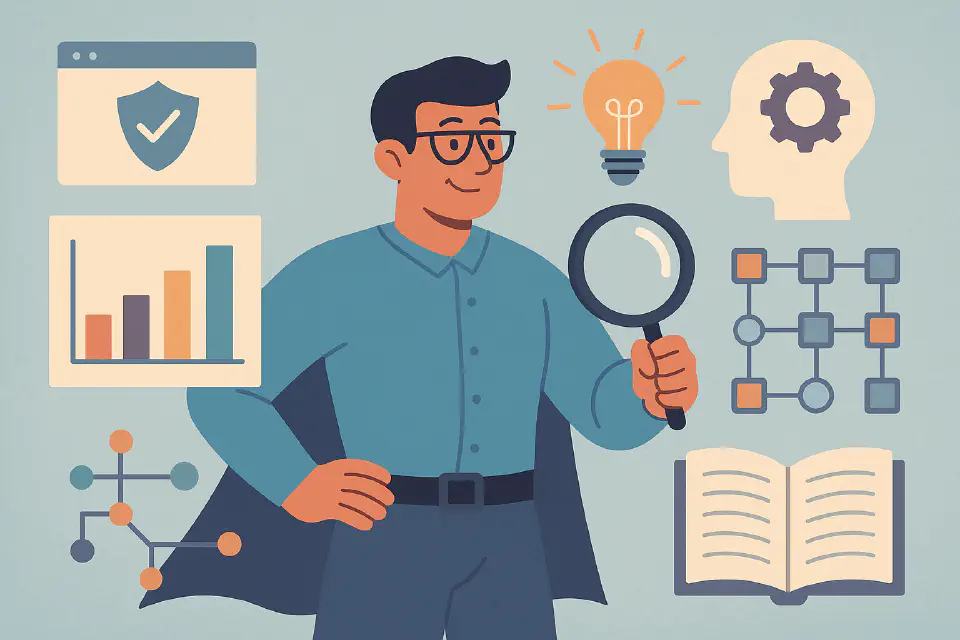
Digital Skills & Capability Building in HR
To lead digital change, HR must first transform itself. Capability building isn’t a nice-to-have—it’s the foundation of relevance.
Many HR teams aspire to drive digital transformation—fewer are equipped to do it. Tools can be bought. Consultants can be hired. But without digital capability inside HR itself, transformation stalls or becomes dependent on others.
In this article, we explore the key skills HR needs to thrive in a digital environment, how to build them sustainably, and why capability building is the most strategic investment HR can make today.
Why Digital Capability Matters in HR
HR is no longer just about policies, processes, and compliance. It’s about:
- Designing digital employee experiences
- Using data to drive decisions
- Navigating complex platforms and integrations
- Supporting agile teams
- Driving change across the organization
Key Digital Competency Areas for HR
- Data Literacy – Reading, interpreting, and questioning data
- Digital Fluency – Comfort with platforms, tools, and workflows
- Process Automation Awareness – Understanding what can and should be automated
- Experience Design Thinking – Centering services around user needs
- Technology Evaluation – Assessing vendors, features, and integration fit
- Agile Ways of Working – Iterative delivery, feedback loops, cross-functional collaboration
- Change Enablement – Supporting adoption, behavior change, and reinforcement
Rethinking HR Development for the Digital Age
Traditional HR development often emphasizes policies and soft skills. That’s no longer enough.
Digital capability building should be:
- Continuous – Not a one-time training
- Practical – Focused on workflows and tools, not just theory
- Contextualized – Aligned to roles (e.g., HRBP vs. HRIS specialist)
- Collaborative – Built with peers, IT, vendors, and business partners
How to Build Digital HR Capability
1. Start with a Skills Assessment
Map your team’s current and desired skills using:
- Surveys and self-assessments
- Manager interviews
- Skills taxonomies (e.g., from CIPD, SHRM)
2. Prioritize Critical Roles
Focus first on roles that are:
- Driving transformation initiatives
- Managing systems or data
- Supporting digital experience touchpoints
3. Mix Formal and Informal Learning
- Microlearning modules (e.g., analytics in 10 minutes)
- Vendor-led training
- Peer learning circles
- Job shadowing or secondments with IT
4. Create Safe Spaces for Practice
- Sandboxes for experimenting with tools
- “Digital clinics” where team members can ask questions
- Pilots where people can try new ways of working without risk
5. Recognize and Reward
Celebrate capability building:
- Badging systems
- Promotion criteria linked to digital skillsets
- Spot awards for innovative digital problem-solving
Embedding Digital Mindsets
Skill is only part of the equation. HR teams also need the mindset to:
- Be curious, not threatened by new tech
- Challenge legacy processes
- Embrace feedback and iteration
- Collaborate across disciplines
Building Organizational Muscle
HR can’t transform alone. It must help others build capability too—especially:
- People managers
- Business leaders
- Employee experience teams
- COEs and shared services groups
This builds system-wide readiness for change.
Final Thought
If strategy is where you’re going, capability is how you get there. HR can’t outsource its digital future—it must build it. Start with the people who deliver it every day.